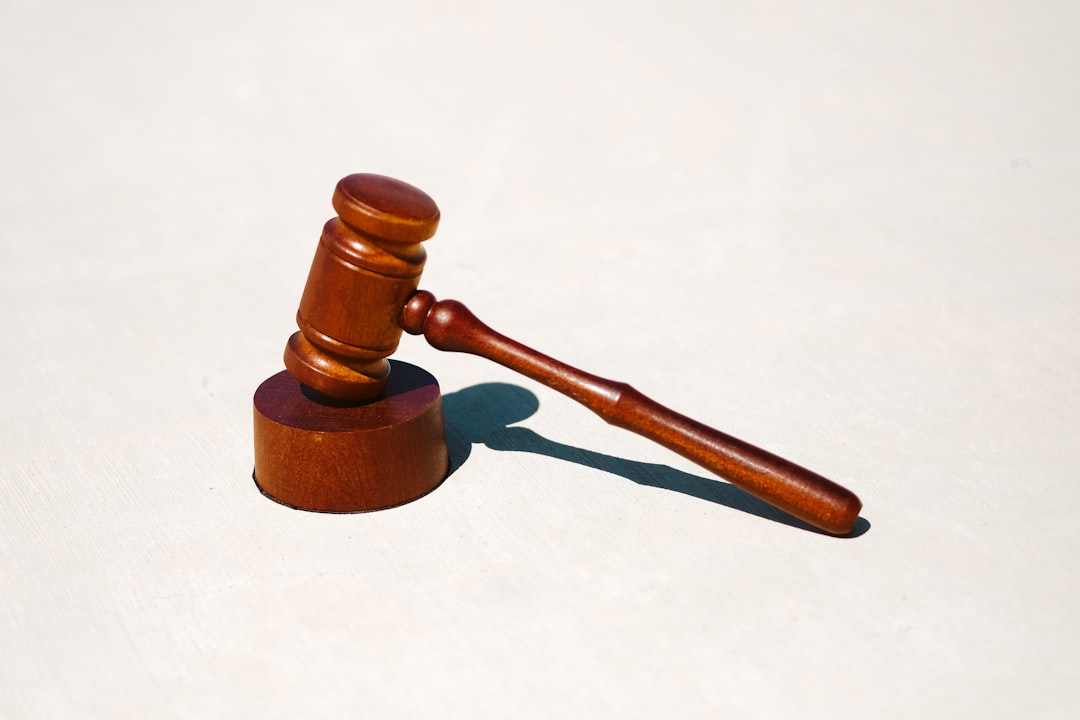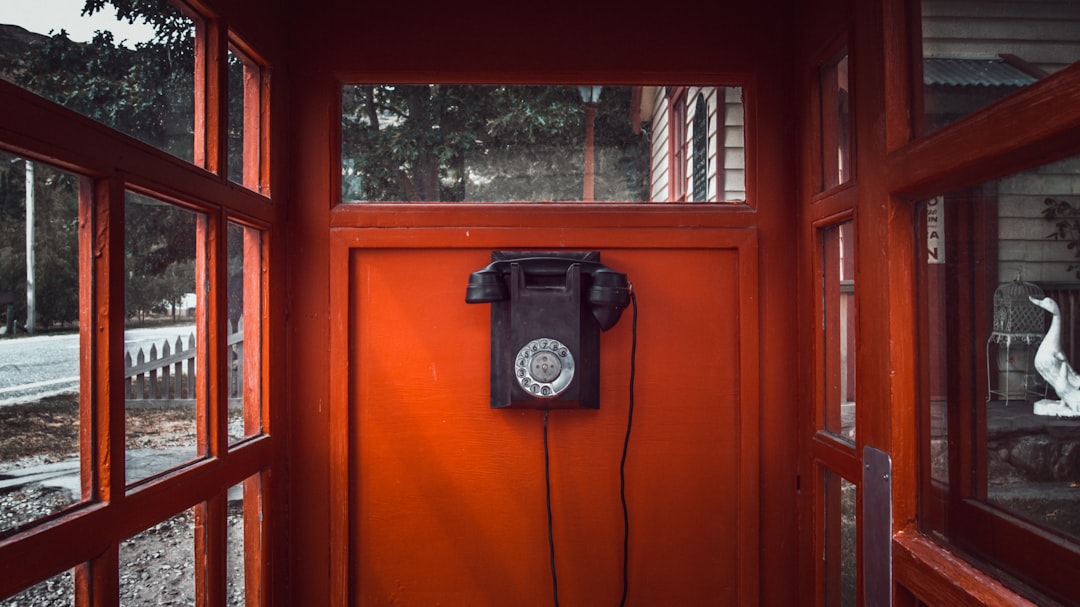In Wisconsin, stringent Spam Call Laws aim to protect residents from unwanted phone marketing, with specialized legal firms offering compliance assistance and legal recourse for violations. These laws cover automated or prerecorded calls, allowing individuals to refuse them by saying "no" or requesting removal. Spam calls disrupt operations, reduce productivity, and increase costs for businesses, causing stress and potential mental health issues for individuals. Wisconsin residents can file complaints with the DATCP, seek assistance from a Spam Call law firm in Wisconsin, and pursue damages, injunctive relief, monetary compensation, and court orders to stop spam calls. Proactive measures like registering with the National Do Not Call Registry, updating privacy settings, and being cautious when sharing numbers can enhance protection.
“In today’s digital age, unwanted spam calls have become a pervasive issue, affecting both businesses and individuals. Wisconsin, recognizing this growing concern, has implemented a comprehensive Spam Call Law to protect its residents. This article serves as an essential guide for understanding the legal landscape surrounding spam calls in Wisconsin, offering insights into their impact, available remedies, and practical tips for prevention. For those seeking clarification or legal assistance, top-rated Spam Call law firms in Wisconsin are ready to provide expert advice.”
Understanding Wisconsin's Spam Call Laws: A Comprehensive Overview

In Wisconsin, the fight against spam calls has gained significant traction with the implementation of stringent regulations aimed at protecting residents from unsolicited phone marketing. The state’s Spam Call Laws, enforced by a dedicated law firm specializing in telecommunications regulations, are designed to strike a balance between consumer privacy and legitimate business practices. These laws not only restrict certain types of automated or prerecorded calls but also empower individuals to take action against persistent violators.
Wisconsin residents have the right to refuse phone marketing calls by simply saying “no” or asking to be removed from the caller’s list. Moreover, a spam call law firm in Wisconsin plays a crucial role in ensuring compliance and providing legal recourse for aggrieved parties. By understanding these laws and their implications, businesses can navigate the regulatory landscape effectively while consumers can assert their rights and avoid unwanted intrusion into their personal space.
The Impact of Spam Calls on Businesses and Individuals

Spam calls, often considered a nuisance, have significant impacts on both businesses and individuals. These unwanted phone communications, typically promoting products or services, can disrupt daily operations for businesses and cause stress and frustration for recipients. For businesses, spam calls can lead to decreased productivity as employees divert their attention to handle these calls, potentially causing a drop in overall efficiency. Moreover, it may contribute to increased operational costs if the company has to invest in additional tools or resources to combat spam.
On an individual level, constant spam calls can be intrusive and disruptive. Many Wisconsin residents have reported feeling harassed by repeated calls from unknown numbers, leading to increased stress and potential mental health impacts. In response, a Spam Call law firm Wisconsin offers specialized legal assistance to help individuals and businesses navigate the complexities of spam call regulations and find effective solutions to mitigate these unwanted intrusions.
Legal Remedies Available Under Wisconsin's Spam Call Law

In Wisconsin, making or receiving unwanted spam calls is a concern for many residents. The state has implemented a robust Spam Call Law to protect its citizens from intrusive and harassing phone marketing activities. This law offers several legal remedies to individuals who have been affected by spam calls. One of the primary measures is the ability to file a complaint with the Wisconsin Department of Agriculture, Trade, and Consumer Protection (DATCP). The DATCP has the authority to investigate violations and take appropriate actions against violators.
Victims can also seek legal assistance from a Spam Call law firm in Wisconsin. These specialized firms help individuals navigate the legal system and pursue damages or injunctive relief against spammers. The law allows for monetary compensation, including treble damages, to be awarded to those who have suffered harm due to spam calls. Additionally, the court can order the offender to stop making such calls and provide credits or refunds for any charges incurred as a result of the unwanted communications.
How to Protect Yourself from Spam Calls: Practical Tips for Wisconsin Residents

In today’s digital era, spam calls have become a persistent and frustrating issue for many Wisconsin residents. While state laws offer some protection against unwanted telemarketing calls, proactive measures are essential to safeguard your privacy and peace of mind. Start by registering your number with the National Do Not Call Registry, ensuring your contact information is not sold or shared by third parties. Regularly review and update privacy settings on your phone and social media platforms, restricting access to personal details. Additionally, be cautious when sharing your number online, especially on forms or websites that may contribute to call spamming.
For added protection, consider engaging a reputable Spam Call law firm in Wisconsin. These legal experts can offer tailored advice and solutions, such as blocking specific numbers, identifying suspicious patterns, and reporting excessive spam calls. By combining official registration, personal precautions, and professional guidance, Wisconsin residents can effectively manage and reduce the nuisance of spam calls, enjoying a quieter and more secure communication environment.






